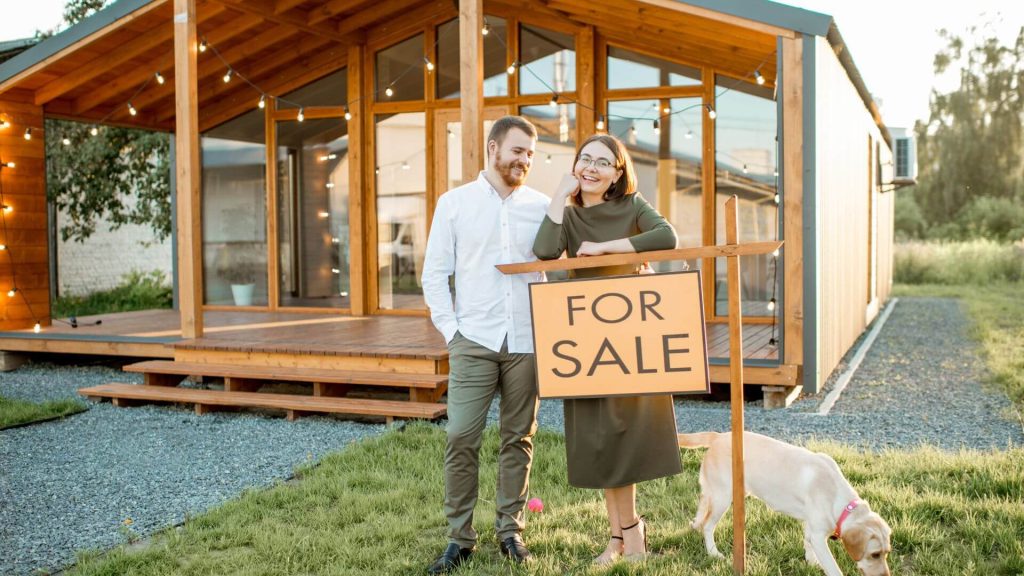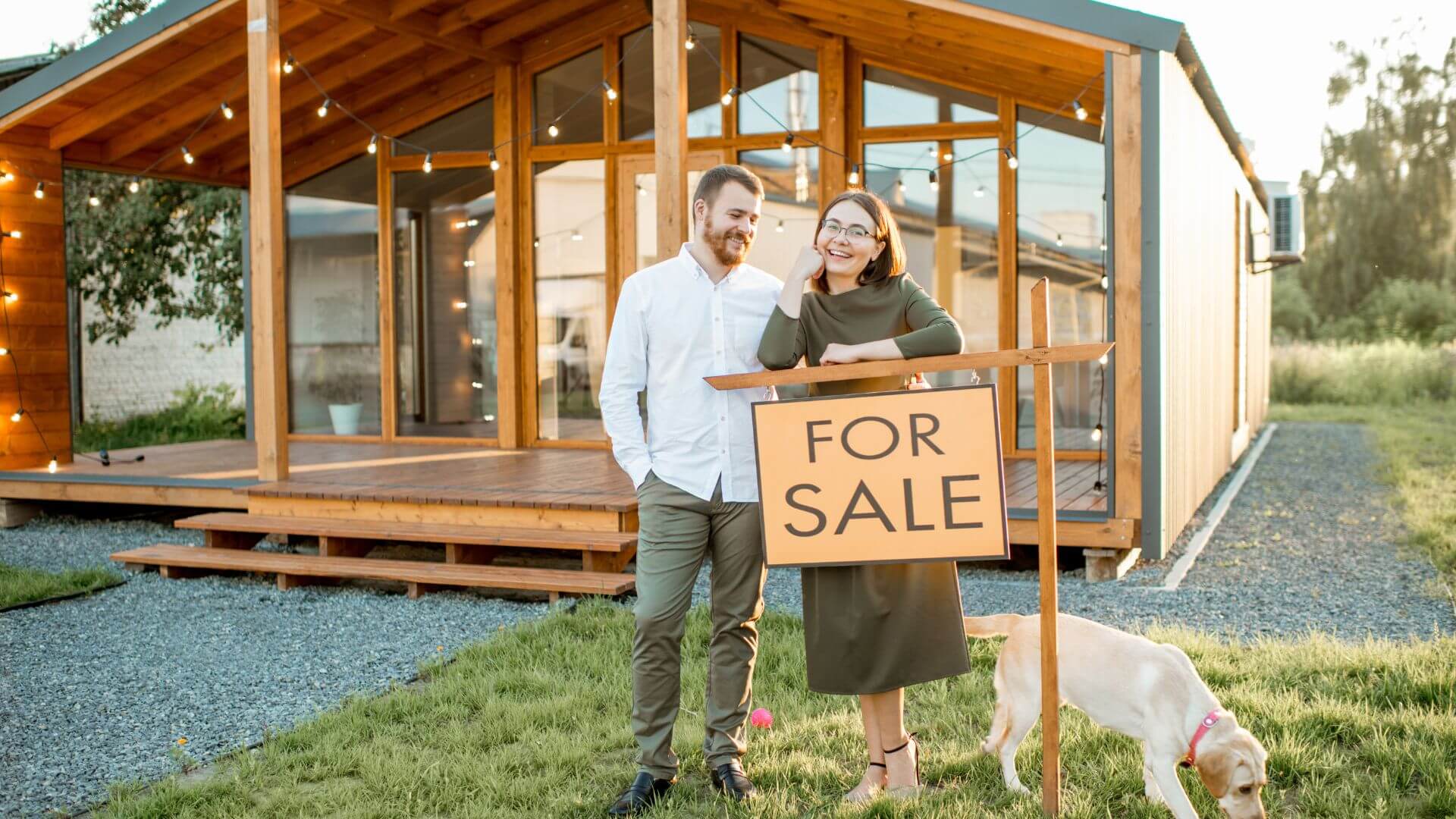Selling a house in South Australia involves several steps, from setting the right price to finalising the sale. These are the essential stages you need to understand to navigate the selling process effectively, ensuring compliance with local regulations and achieving the best possible outcome.

Understanding the market for selling a house in South Australia
Determining a competitive yet realistic selling price is crucial. This involves researching recent sales in your area and understanding the median prices of comparable properties.
Employing a real estate agent can be a sound investment at this stage, as their deep understanding of the local market and experience in pricing can significantly enhance the accuracy and appeal of your property’s price. It’s important to ensure that the price is not misrepresented in any advertising, as accurate pricing helps attract serious buyers and avoids legal issues related to price misrepresentation.
Choosing the right method for selling a house in South Australia
Most homeowners opt to sell through an agent due to the complexities involved. However, if you choose to sell your property independently, it’s advisable to engage a qualified conveyancer or solicitor to help navigate the legalities. Properties in South Australia can be sold via private treaty or auction, with auctions requiring a registered auctioneer to facilitate the process.
Preparing the Property
Enhancing your property’s appeal through repairs, upgrades, or staging can significantly impact the sale price and buyer interest. Here again, a real estate agent can provide invaluable guidance on how best to prepare your property for the market, suggesting improvements that offer the best return on investment and helping to stage the home for maximum appeal.
Marketing the Property
Effective advertising is key to reaching potential buyers. All promotional materials, whether online, in print, or through other media, must be factual and up-to-date to avoid legal complications from misrepresentation.
Consider professional photography and targeted marketing strategies to attract the right demographic, whether they are families, retirees, or first-time home buyers. A skilled agent will know the best channels and strategies to use, ensuring your property reaches its ideal audience.
Hosting Inspections
Open houses allow buyers to experience the property firsthand. These should be well-organised, with personal valuables secured and pets removed to ensure a smooth visit. Providing potential buyers with a buyer’s information notice during inspections is a legal requirement in South Australia.
Navigating Contracts and Settlement
Once a buyer makes an offer that you accept, or an auction bid meets your reserve price, the next steps involve finalising the contract of sale. If you’re working with an agent, they will handle this part. Otherwise, your conveyancer or solicitor will assist you. Following the signing of the contract, there’s a cooling-off period during which the buyer can withdraw.
The final stage of selling a house in South Australia
Settlement is the final stage where the legal transfer of the property occurs, and you hand over possession to the buyer. This process is typically handled by your conveyancer or solicitor.
Selling a property in South Australia is a structured process that requires careful planning and adherence to legal standards. Engaging a real estate agent, like AMKAR Real Estate can provide significant advantages in setting the right price, preparing and marketing the property effectively, and managing the sale process smoothly. Whether you’re a seasoned seller or a first-timer, understanding each step ensures a smoother transaction and can help maximise your returns from the sale.
Remember, this article is general in nature and is not financial or legal advice. Please consult your professional financial and legal advisors before making any decisions for yourself.

